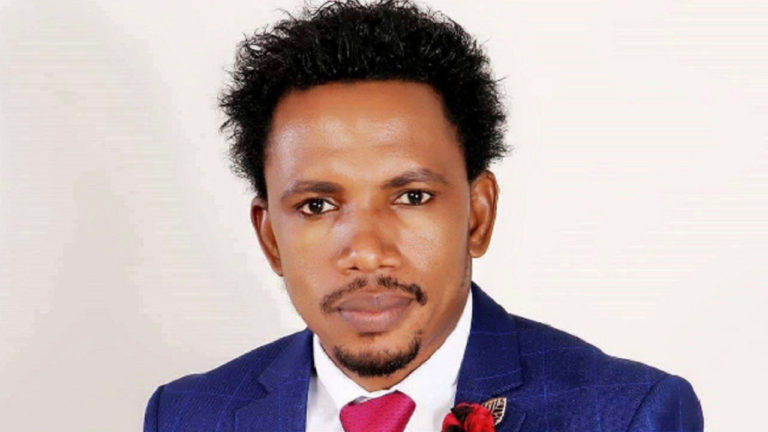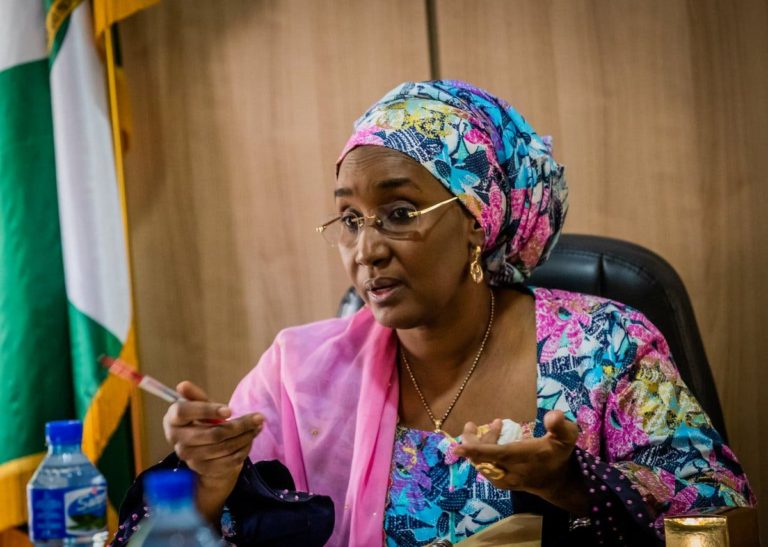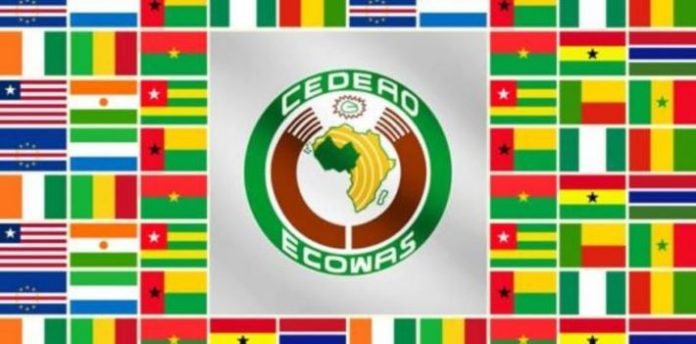By Alfred Obiora Uzokwe
On this 60th anniversary of Nigeria’s existence, there is frankly not much to celebrate. At 60 years of age, in human terms, Nigeria is no longer a toddler, not a teenager but a full-fledged sexagenarian. But unfortunately, Nigeria is still crawling in so many respects.
The standard of living has been in the tubes for years now. Don’t be deceived by the super-opulent mansions you see in some parts of Nigeria like Lagos, Abuja and the likes and the exotic cars you see in some streets. Standard of living is measured by how well the totality of the populace is doing not how well a select few is doing.
Garri is slowly becoming unaffordable by the common man. Boko Haram has refused to allow honest and hard-working citizens any respite. Constant electricity is now a luxury that only the affluent can afford via private generators.
Unemployment rate has jumped to unprecedented levels. The roads? Just terrible. This is a clarion call to all and sundry. We must return the country to a semblance of true civilisation.
So how did things degenerate to this abysmal level in Nigeria? I will answer by going down memory lane. In the end, I am almost certain that most well-meaning Nigerians would declare in unison – WE WANT NIGERIA BACK. We want Nigeria restored to the good days of the late 70s and pre civil war.
A little after the Biafra war in 1970, after the Igbos started finding their footing again, Nigeria began to make developmental gains. If you got through secondary school and acquired a university degree, you were on the path to middleclass-hood. If you went into business, all you needed was a little hard work and success came. Secondary school education fetched good jobs that helped many successfully climb the economic ladder.
But mismanagement of the economy, by successive military administrations, began to change things. The military and successive civilian administrations have now plunged the nation into one of the darkest periods of her 60-year history.
Former President Babangida worsened Nigeria’s problems with his Structural Adjustment Program (SAP). Right after institution of the programme, the naira, which had hitherto competed favorably against other major currencies like the dollar, started a downward slide with grave consequences.
When I first visited the United States in 1979, my one thousand naira fetched more than one thousand five hundred dollars in traveler’s cheques! Compare that to what is happening today – you need a sack to carry the naira equivalent of one thousand dollars. At that time, a bag of cement sold for less than five naira, today it is between N2,500 to N2,800!
Devaluation of the naira contributed to double-digit inflation, which basically rendered the middle class an endangered species. Yet, the middle class is the class that generates wealth and employment and pays the bulk of the tax for societal upkeep in any nation. What we now have is a socially and economically stratified society where, on one side is the very poor. On the other, is the exceedingly affluent mainly composed of retired Generals and politicians!
Nigerian tertiary institutions were not spared in the onslaught. Due to bad management and government disinterest in the affairs of the universities, infrastructure degenerated into a mess. Lecturers were not paid and strikes became the norm rather than anomalous.
Standard of education, which used to be the envy of the world, crashed and students lost interest. I dare not blame the students for their disinterest. When I first gained admission into the School of Architecture at the University of Nigeria in 1977, the future was full of promise because almost all those who graduated before us settled into meaningful and financially rewarding lives upon graduation. They landed good jobs, cars, got married and were comfortable. Those of us following them had an idea of what the future was likely to be like and we were hopeful.
It is sad that I cannot say the same for current university graduates or students currently in the school system. They are aware of the bleak future that await them because of joblessness, high cost of living, evil machinations of robbers, kidnappers, Boko Haram and people of their ilk. Nepotism, favoritism and all other unpalatable isms also run rampant. In Nigeria today, our youths have become vulnerable, they see no glimmer of hope in their future and the society does not seem to care.
Politics has become as dirty and corrupt as ever. Votes are cast for politicians who spend the most money bribing the populace. The naira is now ferried in bullion vans during elections to bribe the populace. The first task of politicians who get into office, through bribery, is to recoup the hefty sum spent on electioneering, pay back favours to their lackeys and strategize on how to amass more wealth for perpetuity in power.
The most current trend is that very wealthy Nigerians constitute themselves into kingmakers by donating very large sums of money to political parties and individuals. After the elections, the elected officials dole out contracts to them as pay back. Inept contractors get road construction projects and prosecute the jobs haphazardly. As a corollary, roads crumble as fast as they are built. We must start electing politicians with impeccable integrity and proven competence.
The exodus of Nigerian professionals, to oversees countries (including yours truly) is another phenomenon that has not helped the country at all. In the 80s, an attempt was briefly made to stem this tide with the “Andrew no check out -o” advertisement. But you cannot ask people not to “check out” when the country was gradually being dismantled and plundered with reckless abandon. People saw the exodus as the only viable alternative.
Before asking people not to check out, the government should have instituted measures to make it attractive to stay within. This could have been achieved by supporting and encouraging small businesses, granting them loans, giving them financial incentives for hiring new graduates and helping individuals defray the cost of business startup.
This never happened. Nigeria has lost and is still losing some of her finest minds to the Diaspora for good. Nigerian professors and academicians now populate foreign universities and are notable for their outstanding feats. This is a loss for Nigeria.
One thing I would give to Nigerians is that we are a resilient people. The terrible impacts of the structural adjustment programme, on the economy, did not completely dampen the ardour of all Nigerians. Some exceedingly resourceful individuals started floating viable industries and agro-based ventures.
In my hometown Nnewi and elsewhere, many industries floated by individuals are doing very well. But with poor electricity supply, the cost of doing business tends to be high and is passed on to consumers, putting certain commodities, made in the country, outside the reach of the common man.
The military should shoulder the greatest blame for Nigeria’s woes today, then followed by corrupt politicians. As Nigeria turns 60, the populace must understand that the destiny of the nation lies with them. A nation is as good as the leaders they elect. The idea of voting for the highest bidder or excusing the machinations of politicians from one’s section of the country must stop.
The youth must commence peaceful protests to demand what is rightfully theirs- a prosperous Nigeria. A Nigeria where jobs are no longer hard to come by. A Nigeria where inflation is not the norm. A Nigeria where road networks compare favorably with the ones in advanced nations. A nation where security and peace reign. A nation in tune with modernity. A nation working towards curbing dependence on oil by ushering in alternative energy sources. These I pray.

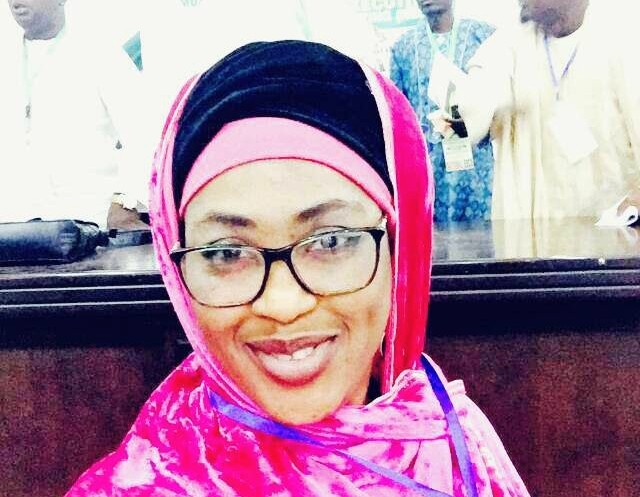
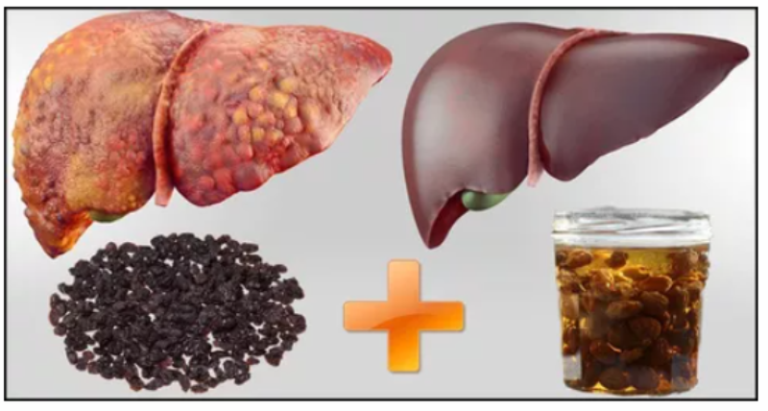








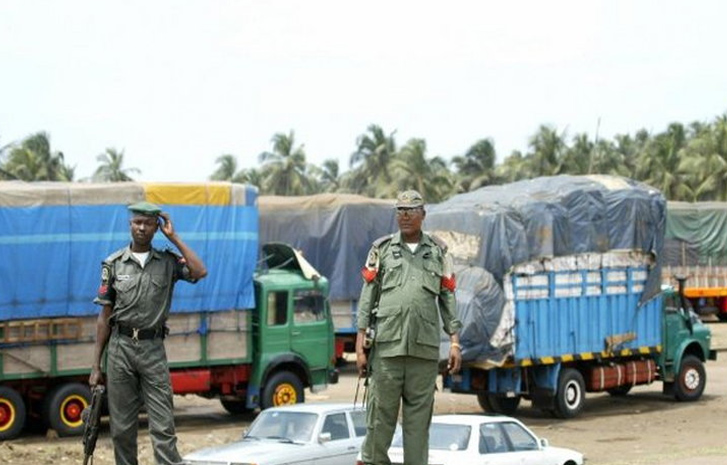
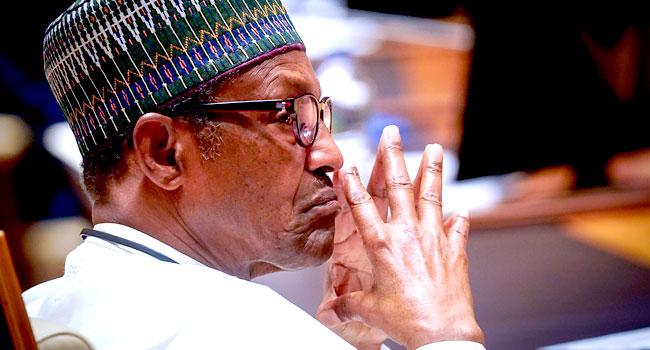

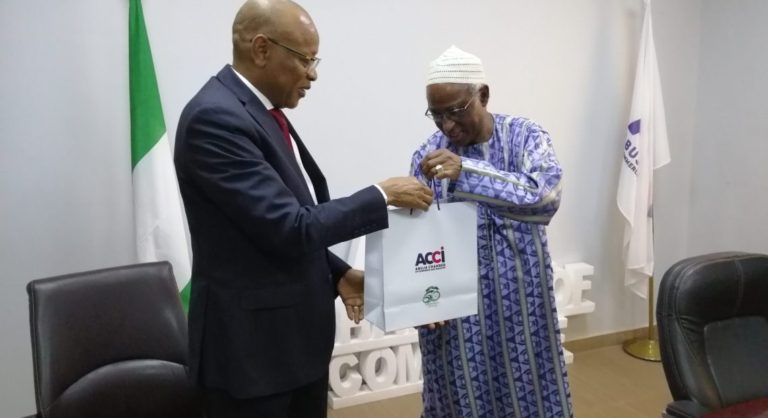

 Also speaking, the Director General of the Chamber, Victoria Akai, suggested the establishment of the Nigerian – Chadian Business Council.
Also speaking, the Director General of the Chamber, Victoria Akai, suggested the establishment of the Nigerian – Chadian Business Council.